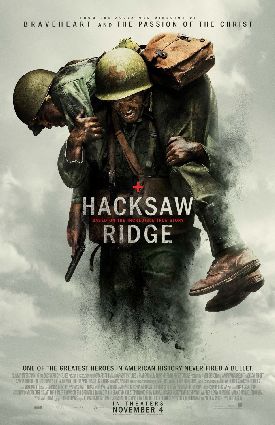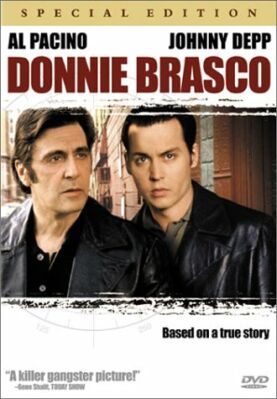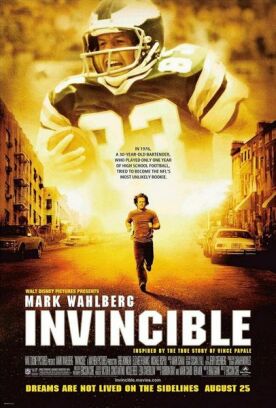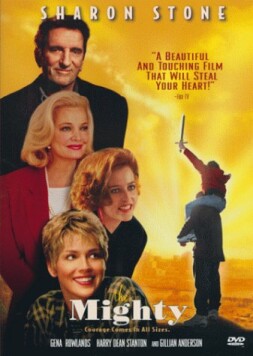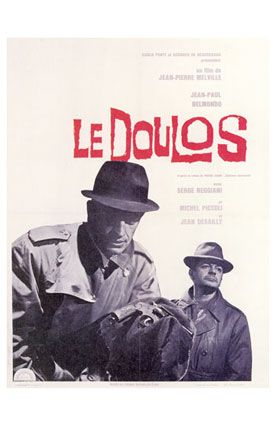Hacksaw Ridge
It’s depressing that all the reviews, pro or con, of Mel Gibson’s Hacksaw Ridge seem to have felt constrained to mention Mr Gibson’s various offenses against political correctness and common decency — which these days are becoming one and the same thing — of ten or a dozen years ago. I don’t see any need to go into all that again, but another theme of the reviews has been the familiar presence in Mel Gibson’s movies, from Braveheart to The Passion of the Christ to Apocalypto, of excessive and graphically-portrayed violence done to human bodies — violence which has sometimes been seen as further evidence of a certain mental or moral unbalance, to put it delicately, on the part of the director.
I forbear to engage in psychoanalysis, but as someone who has often complained of pain porn, both in Mr Gibson’s and in other people’s movies, I would like to point out that, at least in the case of Hacksaw Ridge, there is some justification for the graphic gore. In other war movies, such as Saving Private Ryan, horrific imagery of death and mutilation nearly always has a propaganda purpose, suggesting as it does that the horror is what the war is or was about, instead of being merely incidental to some larger end — say, the defeat of Naziism in Europe — as pretty much everybody used to think it was. That’s why Stephen Spielberg has one of his men telling another that the only decent thing saved from “the whole godawful mess” of World War II (formerly known as “the good war”) was their having saved Private Ryan for reasons that had nothing at all to do with the great national purpose that took them to war in the first place.
Someone who cannot see beyond the death and destruction caused by waging wars to the reasons why people continue to fight them is almost the definition of a pacifist. But in Hacksaw Ridge, the hero is a pacifist, albeit a religious one who feels a calling from God to save as many lives as he can on the battlefield, as a combat medic, without taking any himself. That subtly alters the significance of the blood and guts, which are both here in plenty. They are not in this instance the reason for the war — which would imply extreme wickedness on the part of those who apparently have no other reason to wage it — but they are the reason for his war, or at any rate for his being in it when he might have stayed safe at home. They also add to the lustre of his bravery in risking his own death or mutilation again and again, without any means of self-defense, merely out of love for his fellow soldiers or a sense of duty to God.
This is also a true story — that of Desmond Doss (Andrew Garfield) of Lynchburg, Virginia, the only conscientious objector to be awarded the Congressional Medal of Honor during World War Two after he single-handedly and under enemy fire lowered 75 wounded men (his commanding officer thought the total nearer to 100) by rope from the eponymous ridge during the battle for Okinawa in May, 1945. The whole film is told as a flashback, opening with a shot of Doss himself being carried off the battlefield on a stretcher. The dramatic irony of introducing him to us as a victim is a nice touch, since it is as the rescuer of so many casualties of war and not as one himself that we are about to get to know and admire him.
But he only gets the chance to be a hero after being victimized himself for his religious beliefs, which are Seventh Day Adventist and so will also not allow him to work on Saturdays. It is right and proper for the movie to spend as much time as it does showing what a dim view the wartime army — both the brass and his fellow soldiers in the ranks — took of his desire to serve only on his own terms. And then, too, we wouldn’t want to do without the film’s portrayal of the way in which all came to regard him with respect for his courage, both moral and physical, and his genuine concern to help his wounded comrades, partly because he never claimed or so much as hinted at any moral superiority to the combatants. I’ll come back to that in a moment.
By contrast, we could have done without some of Mel Gibson’s too-extensive telling of the back-story of Desmond’s growing up in Lychburg, the son of an alcoholic father (Hugo Weaving) and veteran of World War One. A lot of this stuff, including the strong suggestion that dad’s post-traumatic stress is responsible for his alcoholism, borders on cliché and is also the least historically accurate part of the picture. His drunken father’s violence against his mother (Rachel Griffiths) is portrayed as having caused the young Desmond to renounce all violence himself, thus making his pacifism a merely personal decision and not, as in fact it was, the teaching of the church to which he and his family belonged.
Likewise, his romance with the pretty nurse Dorothy Schutte (Teresa Palmer), who wasn’t actually a nurse at the time he met her, was movied up to make it a better story, as Hollywood sees such things. But when it comes to the portrayal of Doss’s heroic deeds, Mr Gibson changes the historical facts in the other direction, toning them down and leaving out one or two of the most remarkable episodes for which he was decorated — especially the one in which, having been evacuated after being wounded by a grenade, he climbed off the stretcher to dress another soldier’s wounds, then gave the stretcher up to the other man — on the grounds that they would not have been believed.
Understatement is not, obviously, what Mr Gibson is known for, but it is a good look for him. It also makes of Hacksaw Ridge one of the best war movies I have seen. I feel a bit of a pang in recommending it because it incidentally adopts the view of those who have in recent years come to be known as virtue-signalers — people who see the big questions of war and peace as well as lesser political matters not for the hard communal choices they represent but primarily as a theatre in which they feel called upon to display their own fine feelings of moral superiority to those with whom they disagree. But Desmond Doss is nothing like a virtue-signaler as we now know the breed, since he acts on his virtue, even at the risk of his own life, instead of merely proclaiming it and, as we have seen, doesn’t claim to be better than those who bear arms
Discover more from James Bowman
Subscribe to get the latest posts to your email.

